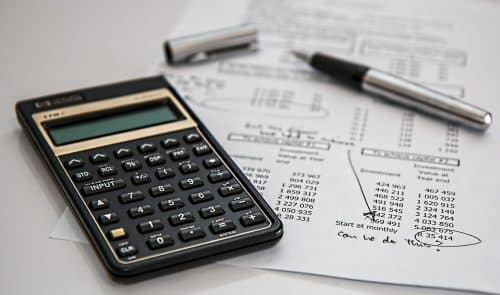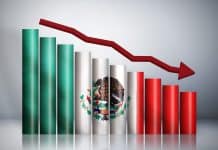Advertisements
The year 2020 has given rise to the "challenge of the 10 years» on social media, where people make their friends laugh by posting a photo of their younger (often thinner) selves alongside one from today.
10 years They can make a noticeable difference to your waistline, your hair, and your fine lines, but what about your bottom line?
Advertisements

I'm fatter than it does 10 years (the diet has already started) but at least my finances are in much better shape. Chances are yours are too.
Advertisements
Those of us who started the last decade with assets—think property, pensions, and stock portfolios—have seen their value rise thanks to financial stimulus from central banks around the world. Global stock markets have broken record after record, creating the first trillion-dollar companies.
British retirement savers have much greater control over their financial future thanks to pension freedoms, introduced half a decade ago.
But on the other hand, a decade of low interest rates has been terrible for cash savers and it's harder than ever to climb the property ladder.
So if you're inspired to do a financial exercise this weekend, where should you start?
I only check my stocks and Isa stocks a few times a year as I don't want to get into the habit of over trading. The last decade has been brilliant for people like me, investing in low cost tracker funds. But mentally, I am preparing for the downside that must inevitably come.
I'm not planning on touching the money inside my Isa until I'm sixty years old or older. My focus for this year (as a journalist and investor) is how to develop a more active strategy moving forward. This may or may not involve choosing actively managed funds – I tend to prefer mutual funds – but I recognize that taking a more value-oriented approach is going to mean spending more time managing my investments.
After completing a financial inventory, I definitely feel more prepared for the year ahead. But I also like to think that it helps prepare me for the decades to come.
Another (as yet unanswered) question for the coming year and decade is how green my investments should be. I don't like the ESG (environmental, social, governance) label, but the impact of climate change is something every investor should consider.
My 24-year-old stepson is cheering me on, as he wants to reposition his own investments for the greater good (“What do you think of this ESG Claer fund – is it just greenwashing?”)
My system for setting and tracking my spending priorities and savings goals hasn't changed much in the last decade; what has changed is the financial technology at our disposal.
Does 10 years I was banking online, via a laptop, but now I can manage multiple accounts and even pay by check from my smartphone.
The rise of app-based digital challenge banks is keeping legacy banks on their toes: it's never been easier to control your spending with free budgeting and alerting tools.
And check out contactless payments. My bank statements are several pages longer than they were a decade ago, as many more transactions are recorded, but this makes it easier to keep track of my spending.
A few clicks on the My Main Checking app can reveal the cumulative effects of good or bad habits throughout the year. How much have I saved on my Isa? And how much did I spend on Uber?
I find that looking at the yearly total gives you the incentive to lower (or cap) the monthly total. And after the excesses of Christmas, January feels like a good time to rebalance the budget and look for savings.
Start with your mortgage lender. If you have a good level of equity in your home, switching to a lower rate agreement could potentially save you hundreds of pounds per month. If those savings are invested in your new mortgage payment, you could reduce debt for years without even noticing a difference.



